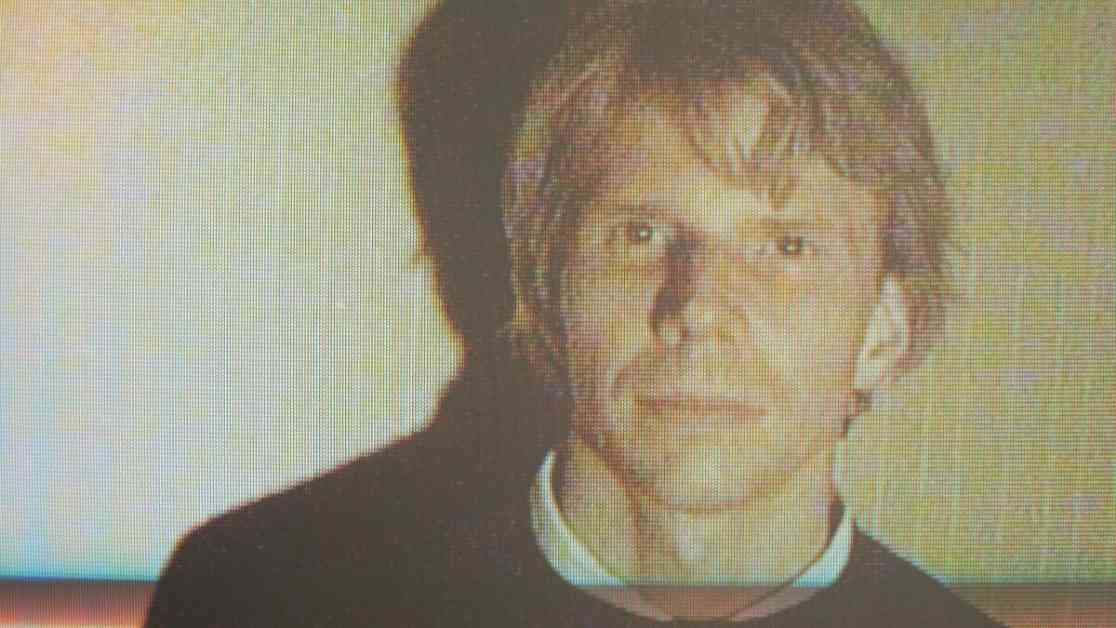Director Tim Fehlbaum’s Vision of ‘September 5’: A Story of Authenticity and Complexity
In the world of cinema, there are filmmakers who seek to entertain, while others strive to educate and challenge their audiences. Tim Fehlbaum falls into the latter category with his latest film, “September 5.” This film delves into a pivotal moment in history, exploring the moral dilemmas faced by journalists covering the tragic terrorist attack on Israeli athletes at the Munich Summer Olympics in 1972.
Uncovering the Story
Fehlbaum’s inspiration for “September 5” came from a desire to shed light on the challenges faced by journalists during this harrowing event. The film focuses on ABC’s sports team, who found themselves thrust into the role of the world’s real-time eyes and ears during the attack. Fehlbaum was captivated by the media aspect of the story and chose to tell it entirely from the perspective of the control room, adding a unique layer of authenticity to the film.
Bringing History to Life
To recreate the tense atmosphere of the ABC control room, Fehlbaum worked closely with veteran sports TV executive Geoffrey Mason, whose firsthand account of the event shaped the film’s narrative. From the claustrophobic set design to the decision to use original footage from ABC, every detail was carefully crafted to immerse the audience in the experience of that fateful day.
A Tribute to Journalism
As “September 5” grapples with ethical questions and the complexities of reporting on a tragedy, Fehlbaum’s respect for the field of journalism has deepened. He acknowledges the challenges faced by journalists, especially those who are thrown into unfamiliar territory, like the sports reporters covering the Munich Olympics. By highlighting their expertise and the improvisation required in such situations, Fehlbaum hopes to give viewers a new perspective on the intricacies of journalism.
Looking Towards the Future
As audiences engage with “September 5,” Fehlbaum is aware of the contemporary relevance of the film, given ongoing conflicts and the ever-evolving landscape of media coverage. By presenting a story rooted in historical events, Fehlbaum aims to spark conversations about the role of journalism in society and the ethical dilemmas faced by reporters.
In the end, “September 5” is not just a film—it’s a testament to the power of storytelling and the importance of authenticity in capturing the essence of a moment in history. Fehlbaum’s dedication to honoring the journalists who covered the Munich Olympics reminds us of the complexity and impact of their work, both then and now.




